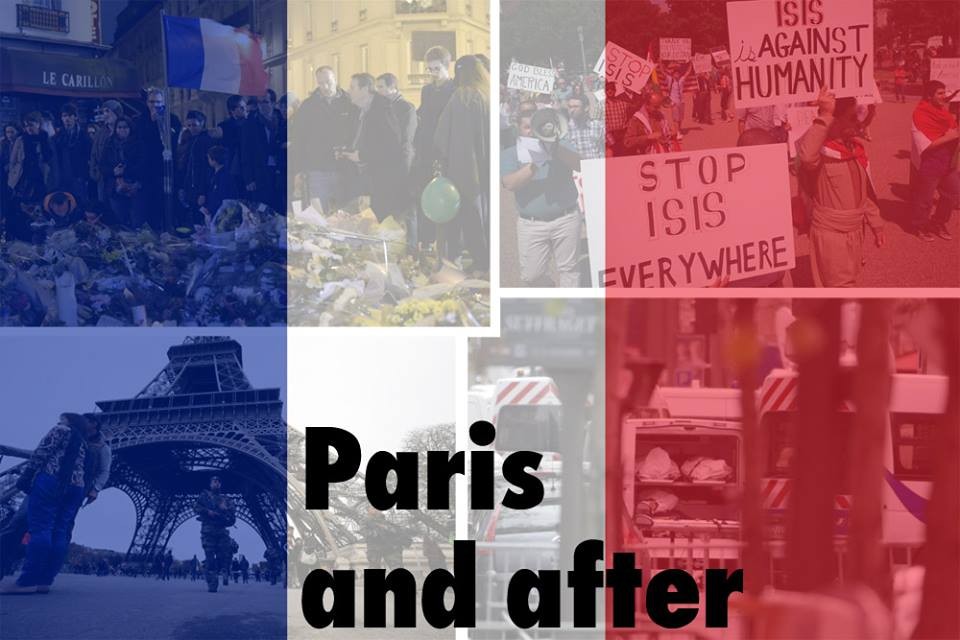
The real tragedy of the Paris attacks is that they were not mourned even for one whole day

The real tragedy of the Paris attacks is that they were not mourned even for one whole day. The French flag DP on Facebook almost coincided with a questioning of this outrage when the world had almost ignored the 43 people killed in a terror attack only a day before in Beirut. The terrorist attack on Charlie Hebdo in January this year was condemned more vociferously than the 129 innocent people who were killed in Paris.
But then this attack is being seen as a reaction to the West’s policies in the Middle East, particularly in Syria. Obviously, the tyranny of ISIS and the disaster it can wreak is brought into sharp focus but not without recounting the West’s role in shaping it up in the first place. In the words of Ahmed Rashid, ISIS is not waging a war against the West the way Osama Bin Laden was but is punishing those states that are a part of the coalition that is bombing them in Syria.
It seems, Arif Azad says, the West did not learn any lesson from Iraq and is repeating the same mistakes in Syria.
But both he and Ahmed Rashid hint at the other important narrative to have emerged out of this attack with full force. Since most attacks in Europe, including this one, are carried out by ‘home-grown terrorists’, these show how Europe has not been able to assimilate other cultures into their own. The European countries have adopted different assimilation strategies with Britain opting for multiculturalism and France (with the highest number of Muslim immigrants) following a wholly different trajectory. Ultimately, all of these strategies have failed.
Therefore, Azad suggests that along with broader peace efforts what is needed is "wider internal reforms in making the alienated second generation of immigrant population an essential component of the West’s emerging story".
Having said that, though, does not absolve the Muslim populations in the West, particularly in Europe, of their share of responsibility. They will obviously bear the backlash of the Paris attacks and in an environment where they will be stereotyped, they too must respond to the new realities in more creative ways. They might need to establish cultural ties with their adopted countries and try to assimilate well.